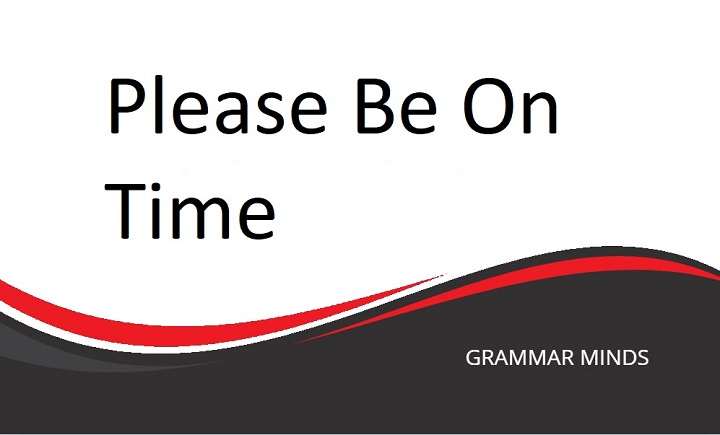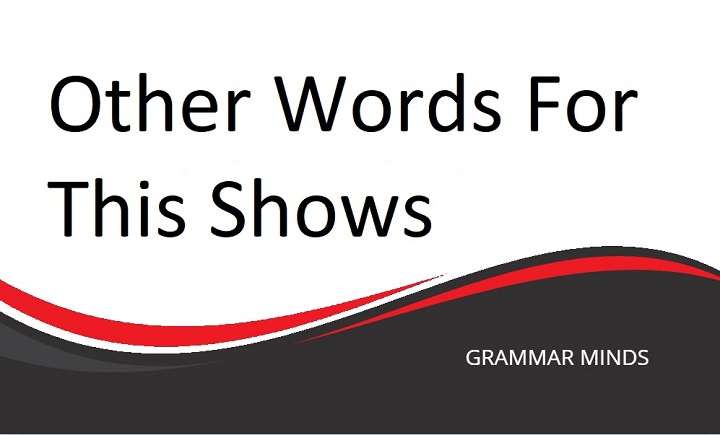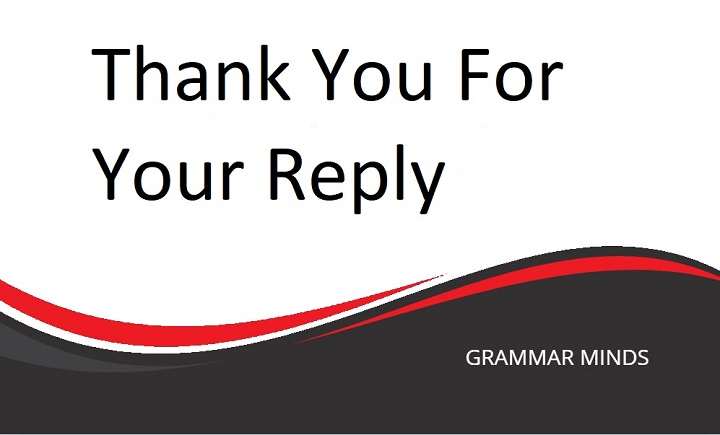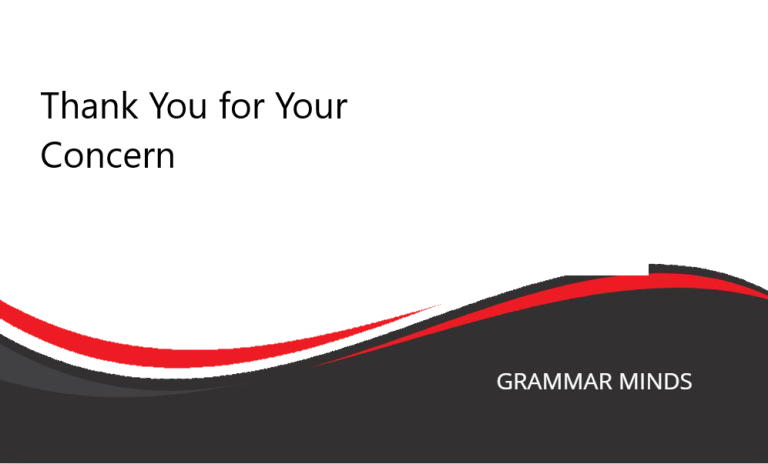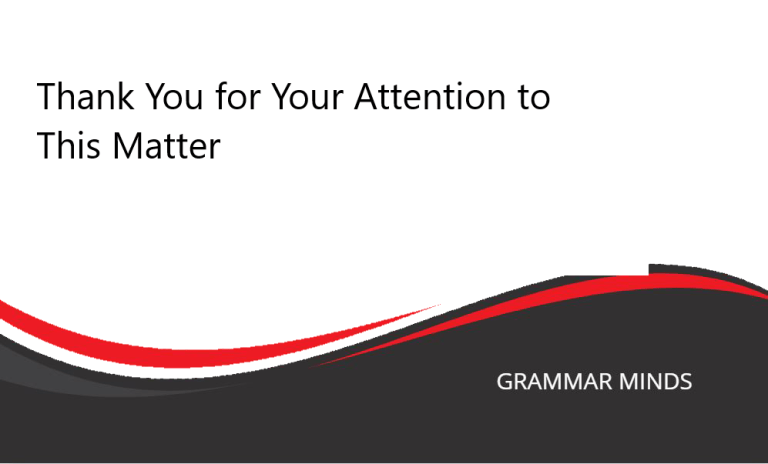Do you find yourself using the phrase “for your reference” repeatedly? While it’s a widely accepted and clear expression, using it too often can make your communication sound monotonous. Whether you’re drafting an email, giving a presentation, or simply sharing information, the repeated use of certain phrases can make your language feel stale and unvaried.
If you’re tired of relying on “for your reference” and want to expand your vocabulary, you’re in the right place! We’ve compiled a list of engaging alternatives that will help you sound more polished and professional in any setting. Let’s dive into some phrases you can use instead of “for your reference.”
Other Ways to Say “For Your Reference”
When you’re looking for a phrase to replace “for your reference,” you have many options depending on the context, formality, and tone you want to set. Below are some great alternatives to keep in mind.
For Your Information
This is a classic alternative to “for your reference.” It’s straightforward and neutral, making it perfect for both formal and informal communication.
As a Point of Reference
If you want to sound a little more sophisticated, this phrase is a good option. It works well in professional settings and adds a touch of formality to your message.
For Your Consideration
This phrase carries a more formal tone, perfect for business settings when you want to offer someone the opportunity to review something in detail.
To Give You an Idea
This is a more casual phrase that works well in everyday conversation. It’s a friendly way to provide information without sounding too formal or rigid.
As a Resource
This is another formal phrase that fits well in work-related environments. It positions the information you’re providing as a helpful resource for someone to refer to later.
As an Example
In situations where you’re illustrating a point, “as an example” can help communicate that you’re providing information to clarify or support your ideas.
For Your Perusal
This is a more old-fashioned phrase, but it can still be used in formal contexts. It suggests that the recipient should review the material at their leisure.
For Your Review
This phrase implies that the recipient needs to carefully examine the material provided. It’s often used in professional emails when you’re asking someone to assess or give feedback.
As a Guide
If you’re providing something instructional or informative, this is an excellent option to signal that the material is meant to help the recipient understand or navigate a situation.
For Your Awareness
This alternative is ideal for situations where you want to keep someone informed about something, but not necessarily expect action from them. It’s often used in professional emails or meetings.
Key Notes
The phrase “for your reference” is grammatically correct and appropriate for formal situations, particularly in emails, reports, or business communications. However, it can feel overused and a bit too basic in certain scenarios.
- You can use “For Your Information” in formal situations, especially in emails or official documents.
- “To Give You an Idea” is a more informal option, perfect for conversations with friends or casual colleagues.
Keep reading to discover how to effectively use these alternatives in both formal and informal settings, along with real-life examples of how they can be applied in practice.
For Your Information
Usage:
If you’re looking for a direct and neutral way to replace “for your reference,” try using “for your information.” This phrase is especially useful in business or academic environments where you need to share information without demanding further action.
Example (in an email):
Dear John,
Thank you for your inquiry. I have attached the requested documents. For your information, these documents include all relevant data from the past fiscal year.
Best regards,
Samantha
As a Point of Reference
Usage:
When you want to add a formal touch to your communication, “as a point of reference” works well. It’s ideal for professional environments where you’re providing background information or setting context for a larger discussion.
Example (in an email):
Dear Sarah,
Attached are the market analysis reports. As a point of reference, these figures are based on Q2 data, which may have changed slightly due to current market trends.
Kind regards,
David
For Your Consideration
Usage:
A more formal alternative to “for your reference” is “for your consideration.” This phrase carries a respectful tone, making it perfect for when you’re submitting suggestions, documents, or proposals for someone to review.
Example (in an email):
Dear Ms. Williams,
Please find attached the revised project proposal. For your consideration, I’ve included feedback from the last meeting to address the necessary changes.
Best regards,
Mark
To Give You an Idea
Usage:
For casual conversations or emails with colleagues you’re familiar with, “to give you an idea” is an excellent alternative. It’s informal yet informative, making it perfect for everyday work discussions or personal exchanges.
Example (in conversation):
Hey Maria,
Thanks for helping with the project. To give you an idea, I’ve sent over a few
Also Read
I Tried to Call You But Couldn’t Reach You: Formal Alternatives for Professional Conversations
sketches of the layout that we discussed. Let me know what you think!
Talk soon,
Chris
As a Resource
Usage:
In professional emails or presentations, “as a resource” is a more polished way to say “for your reference.” It positions the material you’re sharing as something valuable that the recipient can return to in the future.
Example (in an email):
Dear Mr. Johnson,
Attached you will find the research papers on the new market trends. As a resource, these papers should help in forming the basis of our upcoming strategy session.
Best regards,
Emily
Is It Correct to Say “For Your Reference”?
Yes! The phrase “for your reference” is perfectly acceptable in both formal and informal settings. It’s a versatile phrase commonly used in professional emails, work documents, and even casual conversations. However, overusing it can make your communication sound repetitive.
Instead of relying on this phrase too heavily, consider using some of the alternatives we’ve listed. They will allow you to vary your language and make your writing or speech more engaging.
Here are some slight variations of the phrase you can also try:
- For future reference
- For your future use
- For your records
To Sum Up
In conclusion, “for your reference” is a widely used and grammatically correct phrase suitable for both formal and informal situations. However, using alternatives like “for your information”, “as a point of reference”, or “to give you an idea” will help diversify your vocabulary and keep your communication fresh and engaging.
Whether you’re writing an email to a colleague or having a conversation with a friend, knowing how to mix up your language will make you sound more professional, creative, and thoughtful. By using these alternatives, you’ll be able to communicate more effectively and leave a lasting impression on your audience.

